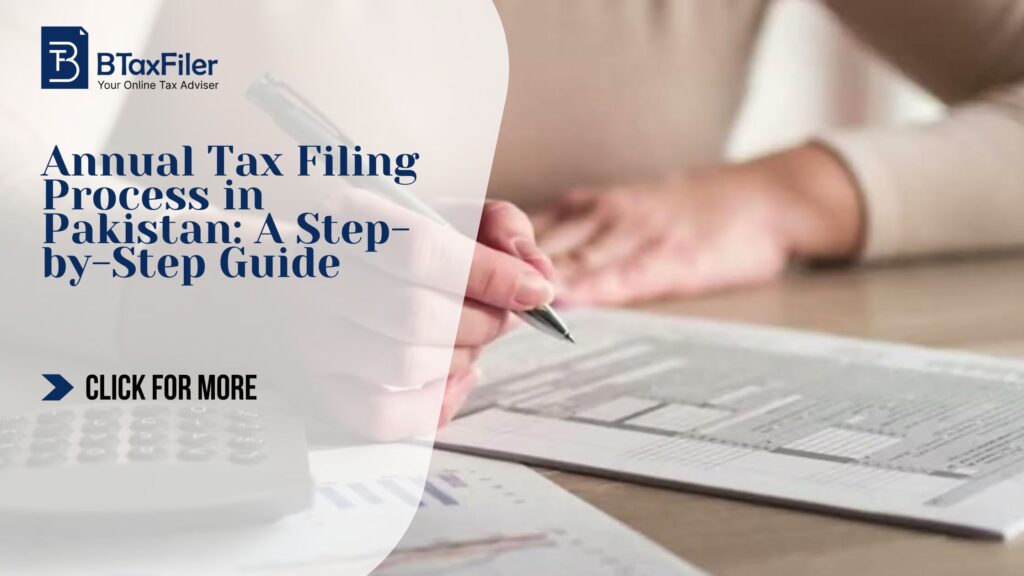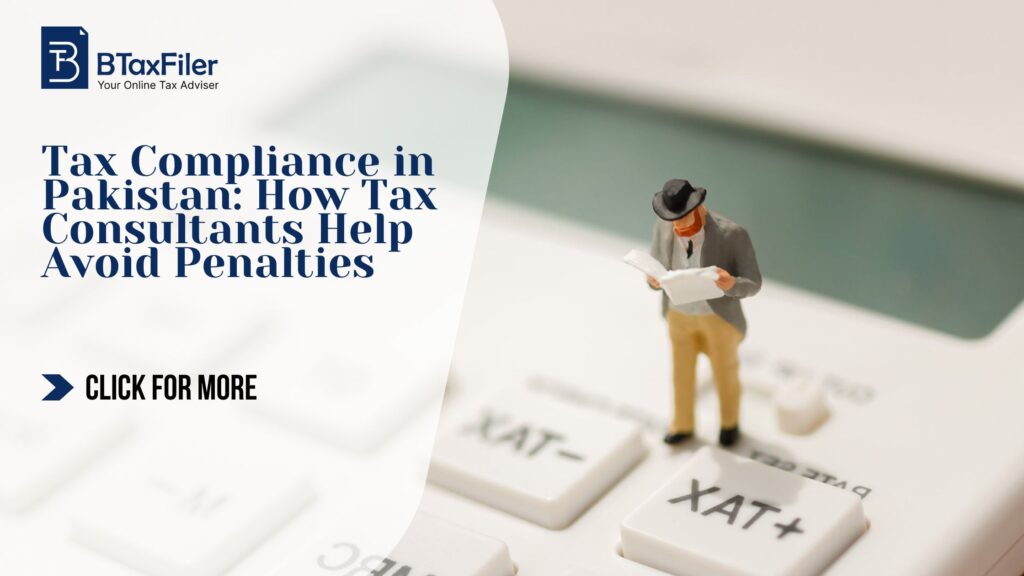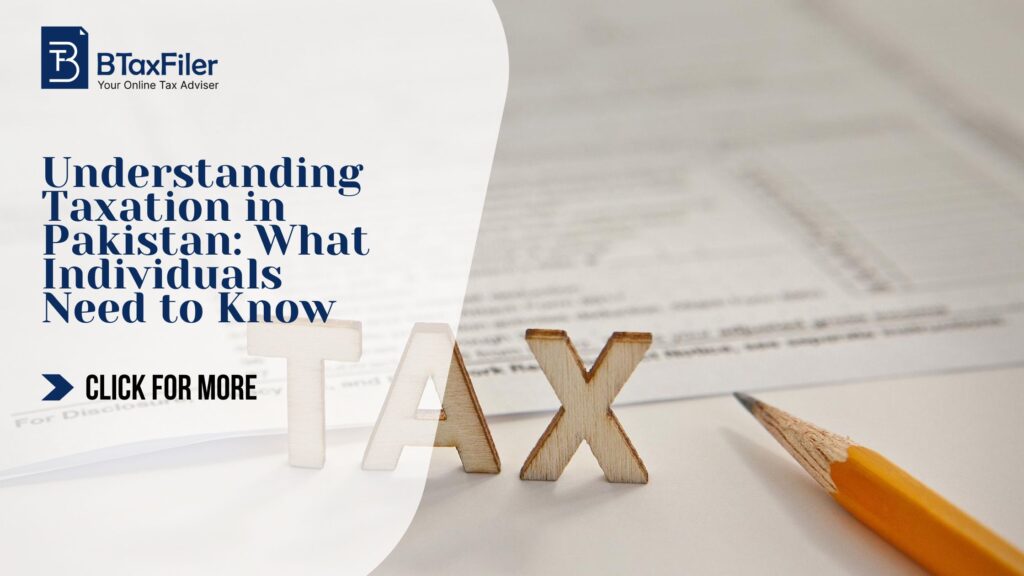Islamabad, September 2024—The Federal Board of Revenue (FBR) has announced significant amendments to the Federal Excise Rules, 2005, under the Federal Excise Act, 2005. These changes aim to streamline the collection and payment of excise duty on property transactions. The new regulations are detailed in S.R.O. No. 1376(1)/2024, which introduces Chapter XVII to the existing rules.
Key Highlights of the New Regulations
The provisions of the new chapter apply to the collection and payment of duty on property transactions. This includes residential and commercial properties, as the Federal Excise Act specified.
Definitions
The new chapter introduces several key definitions:
Developer: A person or entity engaged in the development of land for conversion into residential or commercial plots and sale thereof. This includes housing societies, cooperative societies, development authorities, and similar entities.
Builder: A person or entity engaged in the construction of residential or commercial buildings for sale. This also includes housing societies, cooperative societies, development authorities, and similar entities.
Open Plot: Any immovable property without a superstructure.
Dutiable Property: Excisable property as specified in the Table III of the First Schedule to the Act.
Procedure for Collection of Duty
Collection at the Time of Allotment or Transfer:
Developers or builders are required to collect duty at the time of allotment or transfer of commercial property and the first allotment or transfer of open plots or residential property.
The duty rates are as follows:
- 3% of the gross amount of consideration involved if the buyer is on the active taxpayer list maintained under section 181A of the Ordinance on the date of acquisition.
- 5% if the buyer has not filed the income tax return by the due date as specified in the proviso to rule IA of the Tenth Schedule to the Ordinance.
- 7% if the buyer is not on the active taxpayer list maintained under section 181A of the Ordinance on the date of acquisition.
Payment to the Federal Government:
The duty collected by the developer or builder must be credited to the Federal Government on the same day through a computerized payment receipt (CPR) or SWAPS payment receipt (SPR) as set out in Form ‘A’ attached to the rules.
Monthly Statement:
Developers or builders must furnish a monthly statement to the Commissioner as per Form ‘B’ attached to the rules.
Recovery of Unpaid or Short Paid Duty:
If the duty is not paid or is short paid, the Officer Inland Revenue having jurisdiction over the developer or builder will proceed to collect the unpaid or short paid amount under section 14 of the Act. The amount of default surcharge under section 8 of the Act will also be collected for the period from the date the duty was due to the date it was paid.
Liability for Default Surcharge:
If it is established that the duty was paid by the person from whom it was to be collected, no recovery will be made from the developer or builder. However, the developer or builder will be liable to pay the default surcharge at the rate provided under section 8 of the Act from the date the duty was due to the date it was paid.
Implications for Developers and Builders
The new regulations place significant responsibilities on developers and builders to ensure the timely collection and payment of excise duty on property transactions. Failure to comply with these regulations can result in penalties and default surcharges. It is crucial for developers and builders to familiarize themselves with the new rules and implement necessary measures to comply with the requirements.
Conclusion
The amendments to the Federal Excise Rules, 2005, mark a significant step towards improving the efficiency and transparency of the tax collection process in Pakistan. By introducing clear guidelines and procedures for the collection and payment of excise duty on property transactions, the Federal Board of Revenue aims to enhance compliance and ensure a fair and equitable tax system.
For more information on the new regulations, developers, and builders are encouraged to consult the full text of S.R.O. No. 1376(1)/2024 and seek professional income tax consultancy services for advice and to ensure compliance with the new requirements.
For more tax news in Pakistan, subscribe to Btaxfiler and get the best consultants in the Pakistani tax industry.







